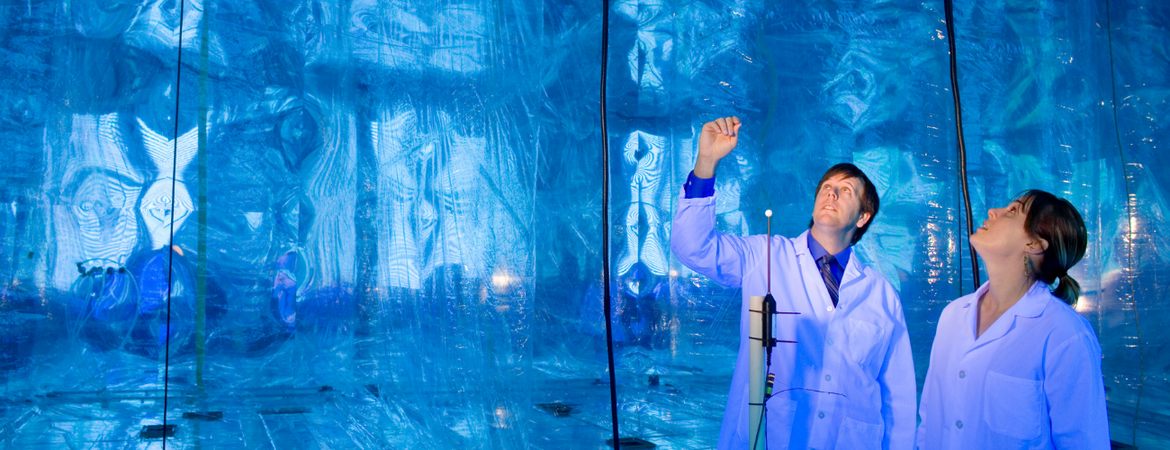
Engineers looking to enhance their air pollution expertise can now take advantage of a newly launched Master’s degree concentration available at the University of California, Riverside. The Air Quality Engineering concentration, which is offered as part of the chemical and environmental engineering Master’s degree, focuses on the causes, impacts, and controls of air pollution.
“For the past decade, we have seen increased global attention on the consequences of poor air quality,” said Don Collins, professor of chemical and environmental engineering and the lead for the new Air Quality Engineering degree concentration. “This new concentration offers the next generation of scientists and engineers the tools needed to address today’s environmental challenges and better ensure our society’s future.”
The effects of air pollution on human health and the environment are well documented with estimates between three and six million annual deaths worldwide attributable to poor air quality. Despite dramatic reductions in emissions of air pollutants and their precursors, Southern California’s climate, topography, population density, and industrial activity cause the region to still exceed federal air pollution limits on more than 100 days each year.
For decades, UC Riverside has partnered with various air quality organizations through its College of Engineering Center for Environmental Research and Technology, CE-CERT, which celebrates its 30th anniversary this year. The center is home to the world’s largest and most technologically advanced indoor atmospheric simulation chamber. When using the facility, researchers can precisely control variables such as temperature, pressure, humidity, and light intensity to observe the rates and effects of chemical reactions for a wide range of real world conditions.
Later this year, students will also benefit from the opening of the newly relocated Southern California headquarters of the California Air Resources Board (CARB), which will open its doors at a location adjacent to the UCR Agricultural fields in fall 2021. Already, CE-CERT and CARB have collaborated to develop training opportunities.
The new Air Quality Engineering option is the second concentration offered by the department. The first, focused on Industrial Biotechnology, launched in 2017 and prepares Master’s students for sustainable, environmentally-friendly chemical manufacturing. In order to earn a concentration in either area, students must complete a total of 36 units of coursework that includes 4 required courses (16 units), 16 units of electives, and a 4-unit capstone project. To learn more about the Air Quality Engineering concentration, please visit cee.ucr.edu.